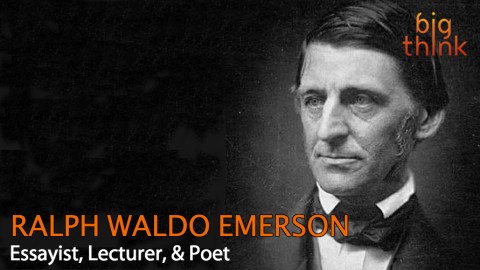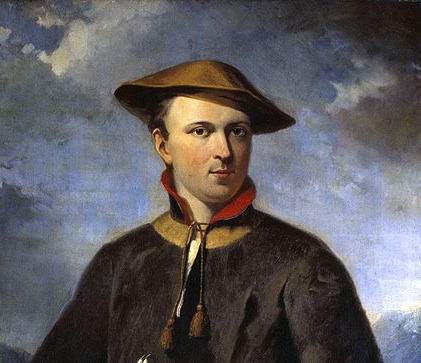Individualism and the ‘Infinitude of the Private Man’

Ralph Waldo Emerson (1803–1882) was an American essayist, lecturer, and poet. Born in Boston, he championed individualism and critiqued the countervailing pressures of society. He disseminated his thoughts through dozens of published essays and more than 1,500 public lectures across the United States. When asked to sum up his work, he said his central doctrine was “the infinitude of the private man.”
“What lies behind us and what lies before us are tiny matters compared to what lies within us.” — Ralph Waldo Emerson
Emerson was unquestionably an abolitionist with respect to slaves in the American South. Nell Irvin Painter, professor of American history, emerita, at Princeton University, explains Emerson’s view of race and how he romanticized the idea of a “Saxon” to include Germans and Englishmen of Protestant descent. Emerson, she explains, was also a cool intellectual who probably felt a certain wariness around extremely passionate people.





